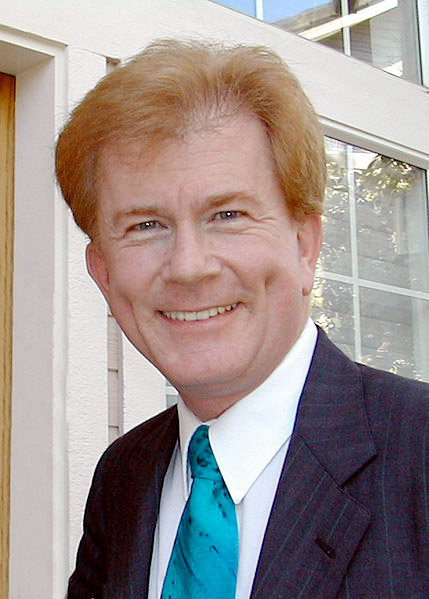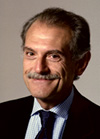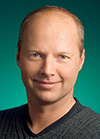ICCAD is November 5th to 8th in the Hilton San Jose (downtown).
 It is very off topic, but if you are British then November 5th is the rough equivalent of July 4th when there are fireworks displays all over the country. Britain is one of very few countries that transitioned from some sort of autocracy to a democracy without having a revolution. There is thus no “national day” to celebrate with fireworks. Instead, Britain has to celebrate a failed revolution when Guy Fawkes in 1605 attempted to blow up the houses of parliament while the king was also there. Except he got caught. In addition to fireworks, bonfires are also lit in Britain and an effigy of Guy Fawkes is burned.
It is very off topic, but if you are British then November 5th is the rough equivalent of July 4th when there are fireworks displays all over the country. Britain is one of very few countries that transitioned from some sort of autocracy to a democracy without having a revolution. There is thus no “national day” to celebrate with fireworks. Instead, Britain has to celebrate a failed revolution when Guy Fawkes in 1605 attempted to blow up the houses of parliament while the king was also there. Except he got caught. In addition to fireworks, bonfires are also lit in Britain and an effigy of Guy Fawkes is burned.
Anyway, back to ICCAD. In all the hoopla that DAC next year is the 50th anniversary I only recently realized that ICCAD is celebrating its 30th anniversary this year. It started in 1982 (coincidentally also the year I immigrated to the US so a sort of 30th anniversary for me too, I guess).
There is a complete technical program, of course. But there are three keynotes that are especially noteworthy:
 On Monday at 9am, John Gustafson of AMD will talk about The Limits of Parallelism for Simulation. As we can put dozens of core and thousands of GPU processing elements on a workstation, how can we scale up problems to take advantage of all this. A simple but powerful speedup model that includes all overhead costs shows how we can predict the limits of parallelism, and in many cases it predicts that it is possible to apply billions of processors to simulation problems that have traditionally been viewed as “embarrassingly serial.”
On Monday at 9am, John Gustafson of AMD will talk about The Limits of Parallelism for Simulation. As we can put dozens of core and thousands of GPU processing elements on a workstation, how can we scale up problems to take advantage of all this. A simple but powerful speedup model that includes all overhead costs shows how we can predict the limits of parallelism, and in many cases it predicts that it is possible to apply billions of processors to simulation problems that have traditionally been viewed as “embarrassingly serial.”
 At lunchtime on Tuesday, CEDA has invited Alberto Sangiovanni-Vincentelli to talk about ICCAD at Thirty Years: where have we been, where are we going. Of course Alberto has been a key contributor to EDA research throughout that whole 30 year period at UC Berkeley, along with Richard Newton until his untimely death in 2007. He also found time to found both Cadence (where is still on the board) and Synopsys. He is also the recpipient of the EDAC/CEDA Kaufman award in 2001.
At lunchtime on Tuesday, CEDA has invited Alberto Sangiovanni-Vincentelli to talk about ICCAD at Thirty Years: where have we been, where are we going. Of course Alberto has been a key contributor to EDA research throughout that whole 30 year period at UC Berkeley, along with Richard Newton until his untimely death in 2007. He also found time to found both Cadence (where is still on the board) and Synopsys. He is also the recpipient of the EDAC/CEDA Kaufman award in 2001.
 On Wednesday at 9am, Sebastian Thrun of Udacity will talk about Designing for an Online Learning Community.Sebastian a year ago ran a course at Stanford on machine learning that hundreds of thousands of people all over the world followed online, which made him very aware of the power of online education. He since left Stanford and founded Udacity to provide scalable online education. Plus, he is a Google fellow and in his second life he is a key contributor to Google’s driverless car project.
On Wednesday at 9am, Sebastian Thrun of Udacity will talk about Designing for an Online Learning Community.Sebastian a year ago ran a course at Stanford on machine learning that hundreds of thousands of people all over the world followed online, which made him very aware of the power of online education. He since left Stanford and founded Udacity to provide scalable online education. Plus, he is a Google fellow and in his second life he is a key contributor to Google’s driverless car project.
Details of ICCAD, including more about the above keynotes, is here.
Share this post via:








Podcast EP332: How AI Really Works – the Perspectives of Linley Gwennap